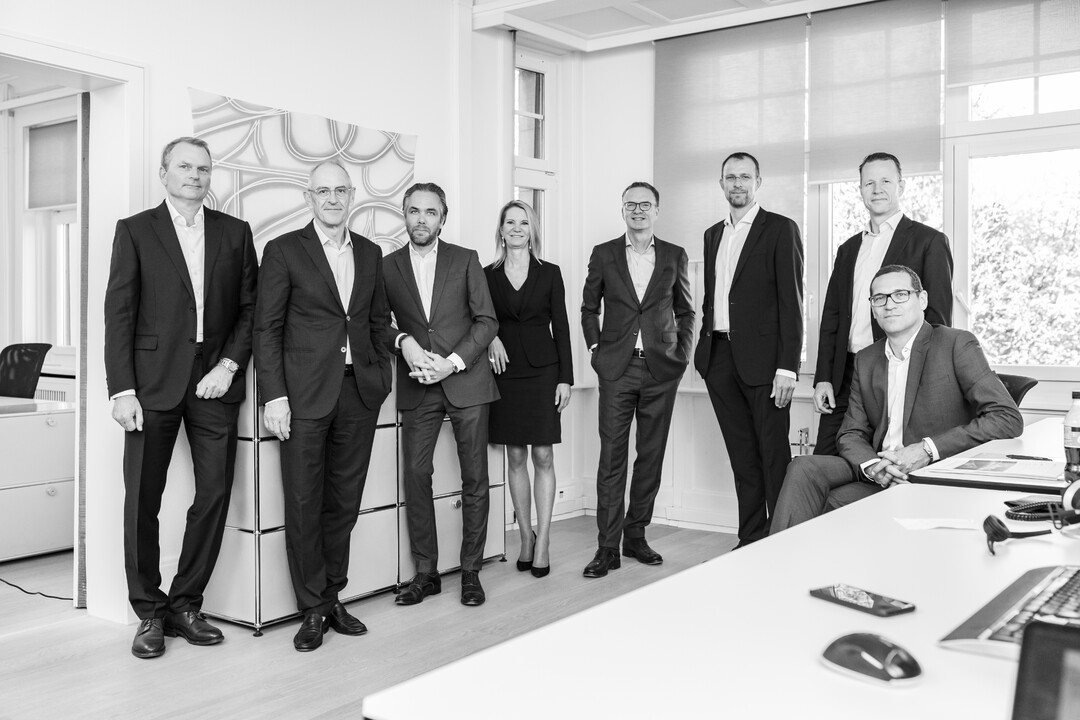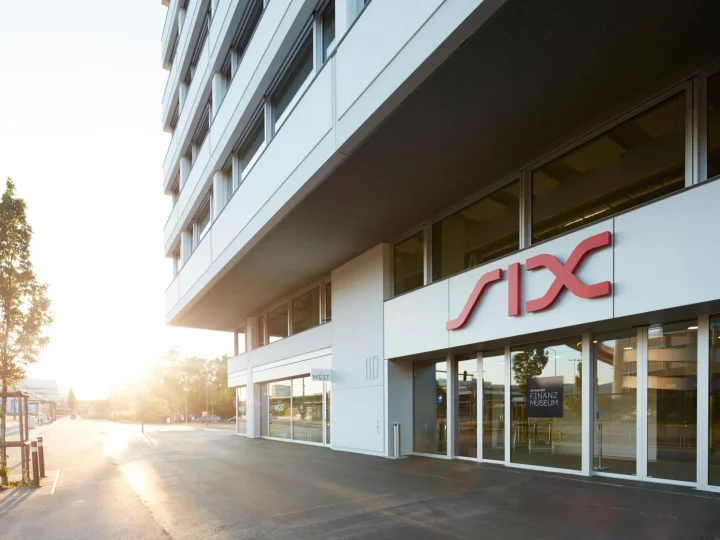
Not everything that comes over the pond from the U.S. is welcomed with open arms in this country. But SPACs (Special Purpose Acquisition Companies) legitimately deserve a chance. In the USA, the so-called “blank check companies” are booming. In 2020, they raised USD 76 billion – more than traditional IPOs.
A special purpose acquisition company is a company that, after its IPO, has the sole purpose of acquiring or merging with a target company so that it becomes publicly traded as a result of the transaction. For companies that are looking for growth financing or are up for (partial) sale, SPACs are a safer, quicker to implement and less expensive alternative to a time-consuming, highly regulated and ultimately – because it depends on market conditions – still uncertain IPO. Compared to a private equity deal, a SPAC solution is also usually financially more attractive for the seller.
For investors, SPACs open up an interesting new investment alternative. It is true that the spread of returns on SPAC investments has historically been relatively wide. However, it is undisputed – as McKinsey demonstrates in a study – that investors have always done well when they have invested in a SPAC that is initiated and managed by an experienced sponsor and a board of directors with proven industry expertise. And if the investor is not satisfied with the target company, he can withdraw from the SPAC and reclaim his invested funds.
This put option at notional value shows three things: First, the investor bears no risk of loss (except for a possible negative interest rate). Second, the term “blank check companies” is wrong, because the investor precisely does not issue a “blank check”. And third, SPAC sponsors and board must be careful in selecting the target company if they want to secure investor support. If no transaction is completed within a SPAC’s defined life of two years, the sponsor loses its funds contributed to the target company’s formation, fundraising, IPO, ongoing operating costs and due diligence. There is no entitlement to compensation for these upfront payments in the millions – so the sponsor really does have “skin in the game”. In the event of success, this entrepreneurial risk is offset by a disproportionate profit in the form of a substantial stake (usually 10% to 20%) in the company after the transaction.
The Dynamics Group capital markets team is convinced that SPACs can be a valuable instrument for companies and investors. Properly composed – with fair terms, an experienced sponsor and an industry-competent board of directors – SPACs will find their place in the capital market in Switzerland as well.
We look forward to accompanying the first Swiss SPACs on their way.
Contact us here.
Newer
NZZ of March 12, 2021: The Spac Boom Claims a First Victim: the Swiss Stock Exchange
Older
Bilanz of March 1, 2021: Investor Klaus Hommels approaches SPAC
Comments (0)
Leave a reply
You must be logged in to post a comment.




